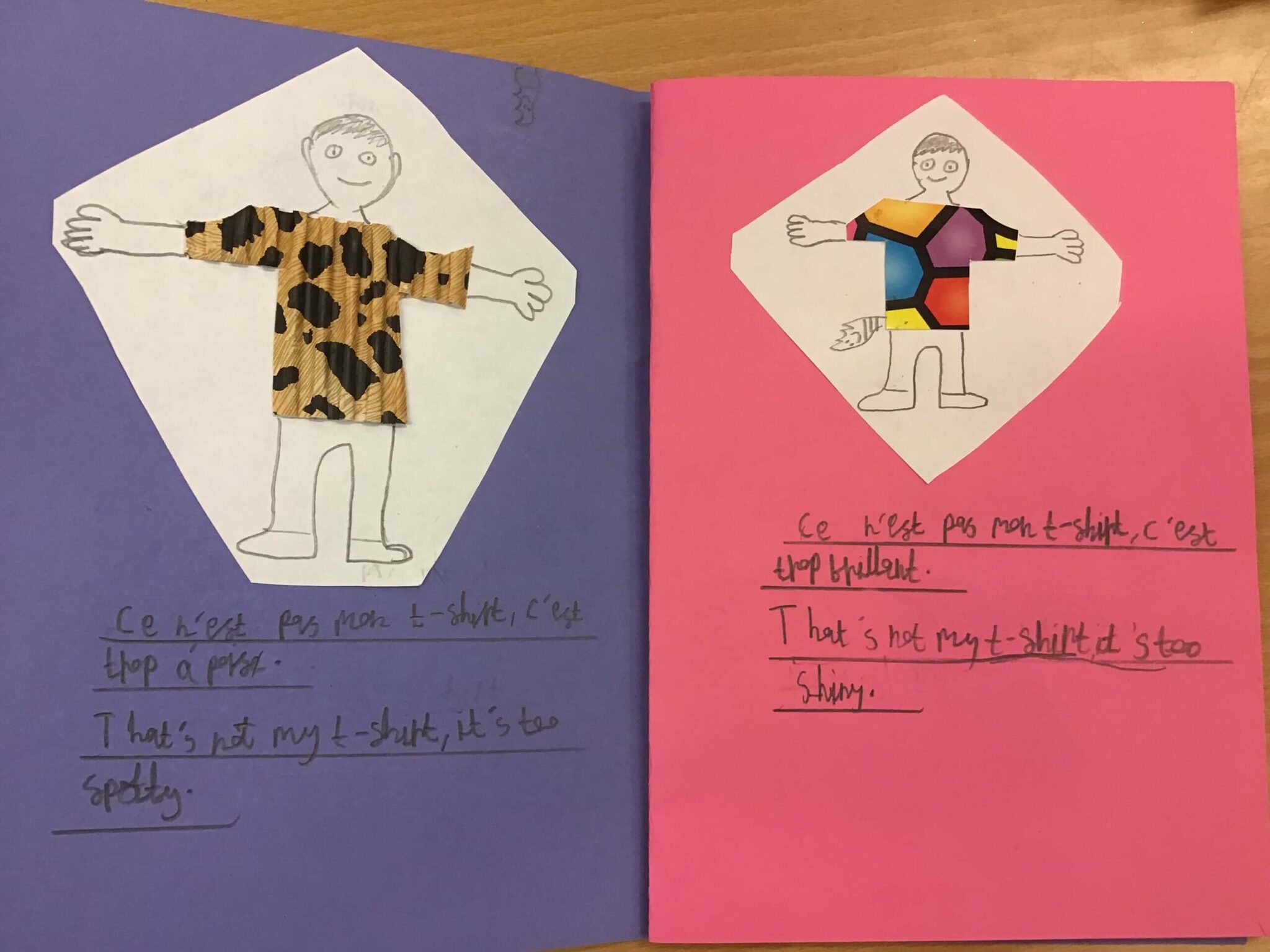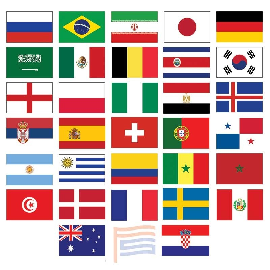Intent
At Moorhill Primary School the MFL curriculum is international so that there is an understanding, celebration of and respect for the diversity within our school community and the world. We want to develop pupils who are excited to explore the wider world within and outside the classroom and we realise the value of studying multiple languages and cultures as a means of increasing pupils’ cultural capital.
Our Curriculum is designed to cover all aspects of the National Curriculum, which has then been broken down into the skills, knowledge and vocabulary needed. At Moorhill we use Kapow, this gives pupils a foundation for language learning that encourages and enables them to apply their skills to learning further languages, developing a strong understanding of the English language, facilitating future study and opening opportunities to study and work in other countries in the future.
Implementation
With an approach which takes into account the pupils’ ongoing language-learning journey, we appreciate the need for children to have transferable language skills as opposed to simply knowledge of one specific language, which may then not be continued at high school.
The sequence of learning is designed with three knowledge strands that run throughout the units of work with knowledge building cumulatively. These are:
● Phonics
● Vocabulary
● Grammar
This knowledge can then be applied within our skills strands, which also run throughout each unit in the scheme:
● Language comprehension (Listening and reading)
● Language production (Speaking and writing)
Impact
Our MFL curriculum is well thought out and planned to give children the skills, knowledge and opportunity to be challenged in their thinking and learning and prepare for their next stage of learning and into their future lives.
We measure the impact of our curriculum through the following methods:
Pupil discussions and interviews about their learning
An assessment of standards achieved judged against the skills and knowledge outlined in our Curriculum map
Evidence of pupils work, gathered at the end of units
By the time our children leave Moorhill Primary we want them to:
- understand and respond to spoken and written language from a variety of authentic sources
- speak with increasing confidence, fluency and spontaneity, finding ways of communicating what they want to say, including through discussion and asking questions, and continually improving the accuracy of their pronunciation and intonation
- write at varying length, for different purposes and audiences, using the variety of grammatical structures that they have learnt
- discover and develop an appreciation of a range of writing in the language studied.
In Modern Foreign Languages (MFL), we follow a fully-resources and modern programme called Kapow.
Our scheme of work fulfils the statutory requirements for Languages outlined in the National Curriculum (2014). It has also been refreshed to ensure that it aligns with the guidance in the Ofsted research review series: languages (2021).
Our knowledge strands - Phonics, Vocabulary and Grammar
We aim to provide pupils with a firm foundation of language learning. For this reason, we have planned when to teach the three building blocks of a language system: phonics, vocabulary and grammar and the ideal sequence to teach them to ensure gradual progression and an understanding of the interplay between these elements. The Ofsted research review series: languages (2021) refers to these elements as the ‘3 pillars of progression’:
Phonics
A comprehensive French phonics programme has been embedded into the Kapow Primary French scheme ensuring the explicit teaching of critical phonemes focuses on both pronunciation and the sound-spelling link. Our ‘Mouth mechanics’ pupil videos, which native speakers present, support this learning by including an in-depth look at the shape of the mouth when creating each phoneme.
Vocabulary
As the Ofsted research review recommended, the Kapow Primary French scheme systematically introduces the most commonly used words, especially simple and common verbs. It then provides opportunities for students to revisit previously-learned vocabulary in different contexts. This approach allows the children to commit these key words to their long-term memory. Many topic words are also introduced in order to provide a variety of meaningful contexts; however, less attention is given to memorizing these. Our lessons are designed to ensure that each time new vocabulary is introduced, the pupils have an opportunity to use it in language comprehension and production activities.
Grammar
Developing grammatical understanding through a carefully planned progression of key structures is the bedrock of the Kapow Primary French scheme. Grammar is explicitly taught and systematically revisited to ensure that basic structures are committed to memory before more complex ones are introduced. Lessons are organized to allow opportunities to practise grammar structures across modalities (speaking, writing, reading and listening) and carefully scaffolded activities enable children to manipulate the words and grammar themselves and begin to use new language creatively
Language detective skills
We believe that this element of our scheme is crucial to developing engaged and independent language learners who are able to grow their skills in the other five strands and transfer these skills to learn further languages. It involves:
● Recognising learnt vocabulary when listening or reading
● Spotting cognates (words which have the same origin or are in some way similar) and near- cognates
● Using context and their own knowledge of the world to predict the meaning of unknown words
● Considering word order to anticipate the meaning of words
Our scheme develops these skills in a progressive way so that by Year 6 pupils are able to use these strategies to confidently grapple with unknown spoken and written language and search for meaning. The development of these skills also helps pupils develop their understanding of the English language and its grammar conventions.
Spiral Curriculum
Kapow Primary’s French scheme of work has been designed as a spiral curriculum with the following key principles in mind:
✓ Cyclical: Pupils revisit key vocabulary and grammar concepts again and again
✓ Increasing depth: Each time vocabulary or grammar learning is revisited, it is covered with greater depth
✓ Prior knowledge: Upon returning to each area, prior knowledge is utilised so pupils can build on previous foundations, rather than starting again
Learners with Special Educational Needs
At Moorhill, we scaffold and adapt the learning in Modern Foreign Languages to enable all learners to succeed.
Learning is adapted through:
- Explicit teaching and modelling
- Scaffolded resources
- The use of talk tins and IPads to record verbal language
- Pictorial examples and representations
- Use of technological resources to support learning. For example: recording devices, Google Translate
- Frequent revisiting of skills and vocabulary in French
- Modern Foreign Languages books are dyslexia friendly (buff paper)
- Adult support
Curriculum Overview
Long-Term Planning






